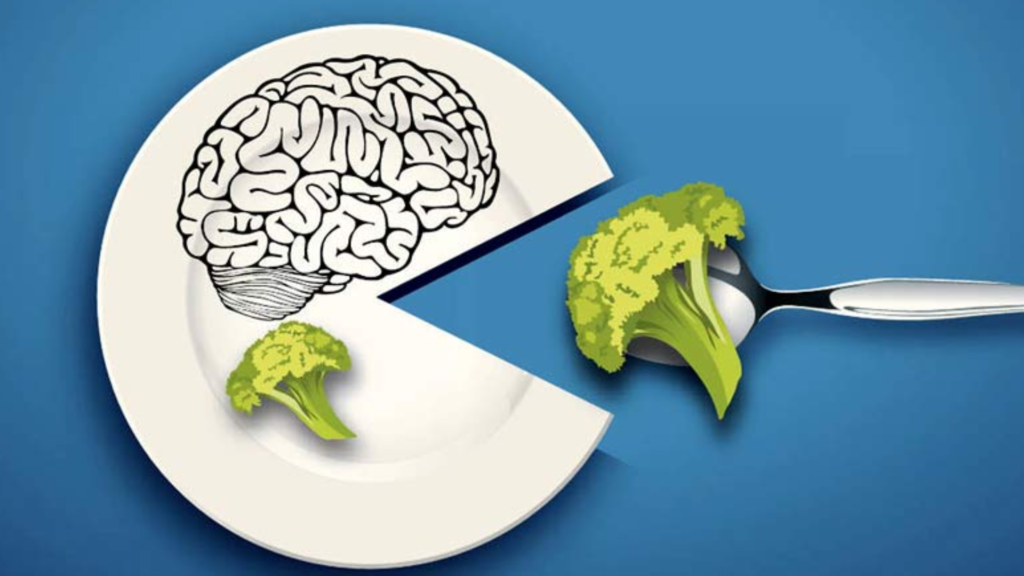The term “blockchain” has gained significant attention, particularly with the emergence of cryptocurrencies such as Bitcoin and Ethereum. While blockchain’s most famous application is in cryptocurrency, its potential extends far beyond that. The technology behind blockchain is fundamentally changing industries, offering new ways to improve security, transparency, and efficiency in a variety of sectors.
In this article, we’ll dive deep into what blockchain is, how it works, and explore its expanding role in areas like supply chain management, healthcare, voting systems, and more. By the end, you’ll have a better understanding of why blockchain is not just about crypto, but also a transformative technology for the future.
How Blockchain Works: The Basics Explained
Before jumping into its applications, it’s important to grasp how blockchain works. In simple terms, blockchain is a decentralized digital ledger. Imagine it as a series of connected blocks of data, where each block contains information about a transaction, event, or piece of data.
The uniqueness of blockchain lies in the nearly impossible alteration or deletion of information once added to a block. We call it “blockchain” because each block links to the one before it, creating a chain of data.
Key Characteristics of Blockchain:
Decentralization: Unlike traditional centralized systems, blockchain operates across a network of computers (called nodes), meaning no single entity has full control.
Immutability: The addition of data to a block prevents any changes or tampering. This ensures data integrity.
Transparency: Every participant in the blockchain network can see all the transactions stored on it, promoting trust.
Security: Blockchain uses cryptography to secure data, making it highly resistant to hacking.
Blockchain in Supply Chain Management: A Game Changer
One of the most exciting applications of blockchain is in supply chain management. Supply chains can be complicated, involving many players, from raw material suppliers to manufacturers, distributors, and retailers. Blockchain provides a solution to track goods from their origin to their final destination, ensuring transparency and accountability.
How Blockchain Improves Supply Chain Transparency:
Blockchain enables real-time tracking of every step in the supply chain. Whether a product’s origin, journey, or time spent at each stage is recorded on the blockchain.
Reduced Fraud and Counterfeiting: Counterfeit products are a major problem in industries like pharmaceuticals and luxury goods. Blockchain allows consumers and companies to verify the authenticity of products, reducing the risk of fraud.
Smart Contracts: Blockchain can also facilitate “smart contracts,” which are self-executing contracts with the terms directly written into the code. This guarantees payment only upon a product’s progression to the subsequent stage of the supply chain, thereby mitigating delays and disputes.
Blockchain in Healthcare: Transforming Medical Records and Beyond
The healthcare industry is another area where blockchain is making a significant impact. One of the biggest challenges in healthcare is the management and sharing of patient data. Blockchain can help solve this problem by providing a secure, decentralized system for storing and sharing medical records.
Key Benefits of Blockchain in Healthcare:
Improved Data Security: Blockchain’s encryption makes it much harder for unauthorized parties to access sensitive medical data. This is crucial in protecting patient privacy.
Interoperability: Blockchain can allow different healthcare systems to interact seamlessly. Doctors, hospitals, and clinics could share a patient’s medical records while maintaining privacy and security.
Faster and Accurate Billing: With smart contracts, blockchain can streamline billing processes and reduce administrative overhead by ensuring that payments are automatically made once certain conditions are met.
Blockchain for Voting Systems: Making Elections More Transparent
Elections are crucial to a functioning democracy, but unfortunately, they’re also prone to fraud, manipulation, and inefficiency. Blockchain has the potential to radically change the way voting works, making it more transparent, secure, and efficient.
How Blockchain Can Revolutionize Voting:
Security and Integrity: Blockchain could provide an immutable record of votes, making it impossible to tamper with election results after the fact.
Remote Voting: With blockchain, voters could securely cast their ballots online, ensuring accessibility and convenience. This could be particularly beneficial for those unable to attend physical polling stations.
Transparency and Trust: Blockchain’s transparency ensures that everyone can verify the legitimacy of the voting process, improving trust in the results.
Blockchain in Financial Services: Beyond Cryptocurrencies
While cryptocurrencies were the initial use case for blockchain, the technology is making waves in other areas of finance too. Blockchain can improve efficiency, reduce costs, and increase security in the traditional financial services industry.
How Blockchain Enhances Financial Services:
Cross-Border Payments: Blockchain allows for faster and cheaper international money transfers. Traditional banks charge high fees for cross-border payments, but blockchain can reduce these fees and speed up the process.
Decentralized Finance (DeFi): DeFi refers to financial services that operate on decentralized networks rather than traditional banks. Blockchain underpins DeFi, allowing users to lend, borrow, and trade assets without relying on intermediaries.
Smart Contracts in Finance: By automating processes like loan agreements, insurance claims, and asset management, smart contracts streamline operations and lower human errors.
Blockchain is used in intellectual property and copyright protection.
Intellectual property (IP) is a significant asset for creators and businesses, but protecting it from theft and piracy is a constant challenge. Blockchain can offer an innovative solution to safeguard intellectual property rights.
How Blockchain Helps with IP Protection:
Provenance and Ownership: The blockchain allows creators to prove ownership of their work, such as music, art, or written content, by recording the creation date and owner’s details.
Blockchain can automate licensing agreements through smart contracts, ensuring that creators receive fair compensation for the use of their work.
Anti-Piracy Measures: Blockchain can provide a way to track and verify the authenticity of digital content, preventing unauthorized reproduction or distribution.
Blockchain in Real Estate: A New Era of Property Transactions
The real estate industry is often slow-moving and bogged down by paperwork. Blockchain can streamline many aspects of real estate transactions, from buying and selling property to managing contracts and verifying ownership.
How Blockchain is Changing Real Estate:
Property Titles and Ownership Verification: Blockchain can simplify the process of verifying property titles. By creating an immutable digital record of ownership, blockchain reduces the risk of fraud in property transactions.
Tokenization of Real Estate: Blockchain allows for the tokenization of real estate assets. By dividing properties into smaller, tradable units, real estate investments become more accessible to a wider range of people.
Faster Transactions: Smart contracts automate the process of buying and selling property, cutting down on the time it takes to complete a transaction.
Blockchain for Data Privacy and Personal Security
In today’s digital age, personal data is more vulnerable than ever. With data breaches and privacy concerns on the rise, blockchain offers a solution to protect our personal information online.
How Blockchain Enhances Data Privacy:
Decentralized Data Storage: Blockchain enables data storage across a decentralized network, lowering the risk of a single point of failure, as opposed to storing personal data on centralized servers that are vulnerable to hacking.
Self-Sovereign Identity: Blockchain can enable individuals to control their own identity and personal data. With a self-sovereign identity system, you can choose who gets access to your information and for how long.
Secure Online Transactions: Blockchain ensures that online transactions, whether financial or personal, are secure and transparent, making it harder for unauthorized parties to interfere.
Conclusion: The Future of Blockchain Beyond Cryptocurrency
While blockchain’s association with cryptocurrency has dominated the conversation, its applications are quickly expanding into other industries. From supply chain management to healthcare, voting systems, and real estate, blockchain’s potential to streamline processes, improve security, and promote transparency is becoming clearer by the day.
As we move into the future, blockchain will likely continue to shape industries and offer solutions to some of the world’s most pressing problems. Whether it’s protecting intellectual property, securing personal data, or ensuring the integrity of elections, blockchain is more than just a technology for digital currencies—it’s a transformative tool for a variety of sectors.
In conclusion, blockchain is more than just a fad; it’s a fundamental technology with a bright future that extends beyond cryptocurrency.







![Breaking Down the Features of [Computer Model Name] A USA Perspective](https://vibranthealthlife.com/wp-content/uploads/2025/01/Breaking-Down-the-Features-of-Computer-Model-Name-A-USA-Perspective-1024x576.png)